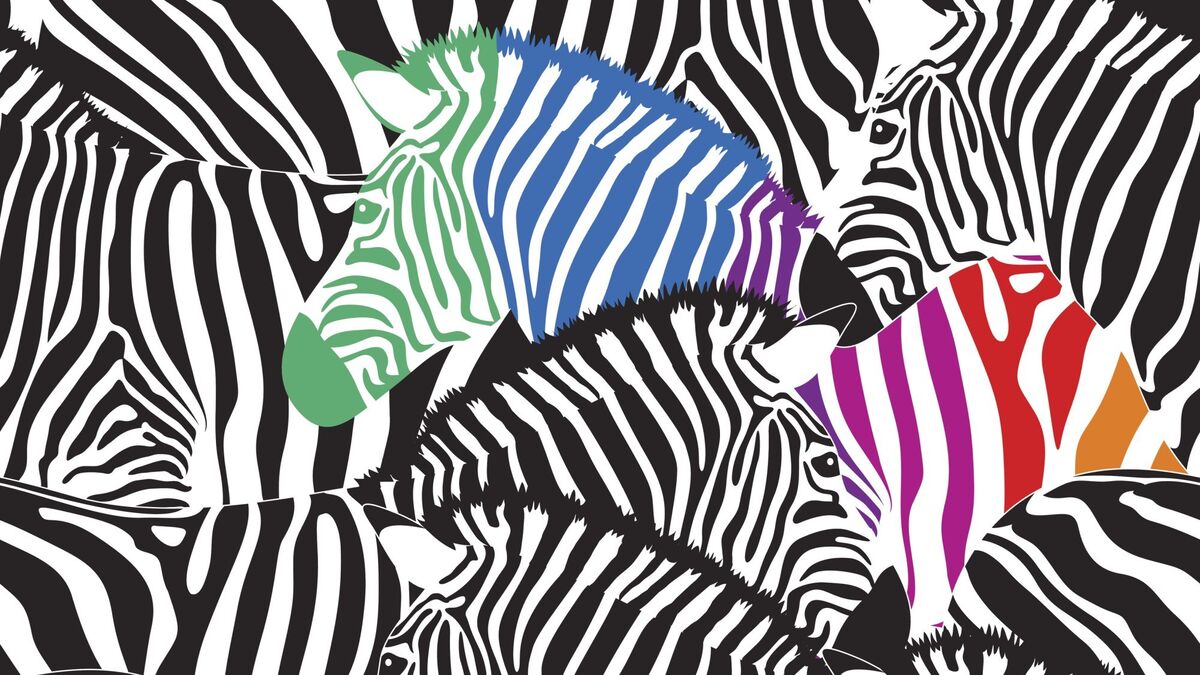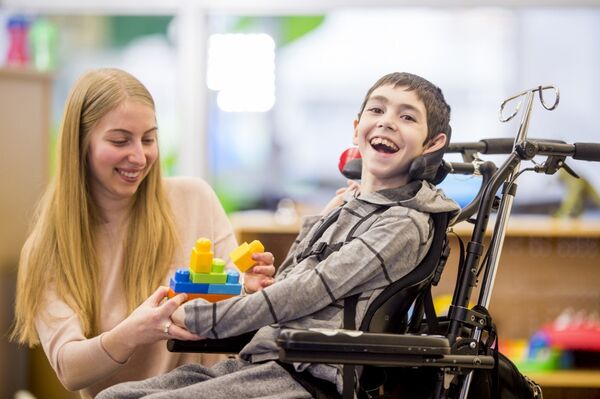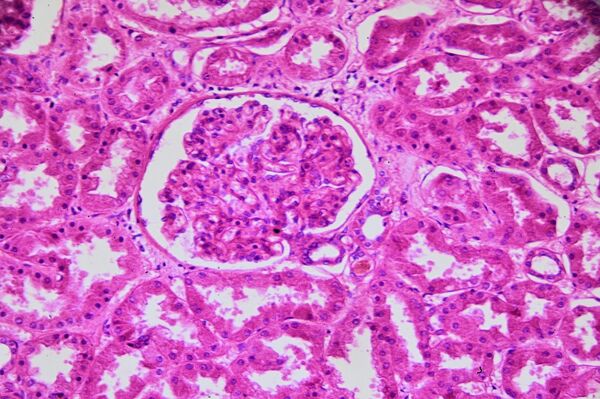Rare disease in the 100,000 Genomes Project
Along with cancer, the Project looked at the whole genomes of people affected by rare disease to try and identify any genetic variations that might be causing symptoms.

Why focus on rare diseases?
Knowledge of the whole genome sequence may identify the cause of some rare diseases and help point the way to new diagnoses and possible treatments for these conditions – vital progress for these families and others like them given that some rare diseases take two or more years just to identify.
Over 190 rare diseases were included in the Project. People invited to take part were thought to have one of these conditions.
By knowing more about rare conditions, we can often find answers about more common ones, too.
80%
1/2
190
~25%
Results for rare disease participants
People who were invited to take part may have had a provisional diagnosis, but not a molecular diagnosis. A molecular diagnosis is based on a genetic test result rather than on signs or symptoms.
The majority of patients have already heard back from their clinical team about the results of their genomic tests. Use the button below to learn more about getting your results.
Participants also may have opted in for additional findings (read more on our additional findings page). Participants are still able to opt in or out from receiving additional findings, if they have not already been contacted about this.

The impact of genomic research – Jessica's story
When Jessica was just 4 years old, she was diagnosed with a rare condition. After receiving her sample, and after filtering the results against our curated knowledge base, we were able to find the one causal variant out of the 6.4 million we originally found. A diagnosis made it possible to recommend a special, personalised treatment that helps reduce Jessica's symptoms.
Support for rare disease patients
Each of these charities or support organisations can provide information, support or services for families affected by rare diseases.
Genetic Alliance UK is the national charity working to improve the lives of patients and families affected by all types of genetic conditions.
-
Gene People UK is a genetic conditions support network with information for affected families.
-
Contact A Family is a national charity for families with disabled children.
-
EURODIS, Rare Diseases Europe, is a patient-driven alliance of patient organisations representing 695 rare disease patient organisations in 63 countries.
-
Rare Disease UK is the national alliance for people with rare diseases and all who support them.
-
SWAN, Syndromes Without A Name UK offers support and information to parents of children with undiagnosed genetic conditions.
-
Unique, Understanding chromosome disorders aim to inform, support and alleviate the isolation of anyone affected by a rare chromosome disorder and to raise public awareness.
-
MyGene2 allows families to search for and contact other families who have the same condition or mutations in the same gene in order to share information and offer support.
-
RareConnect is a safe, easy to use platform where rare disease patients, families and patient organizations can develop online communities.
-
For support with a specific rare disease, you can search for patient organisations and charities on the Rare Disease UK website.

